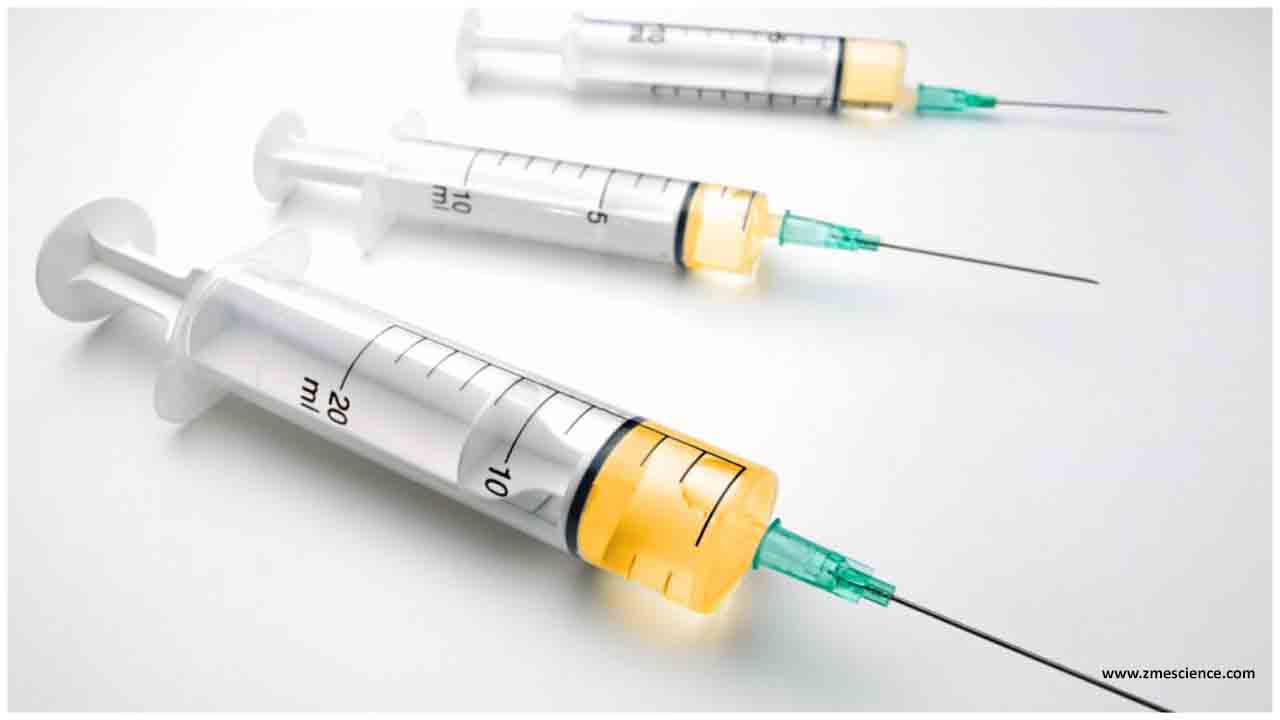About a fifth of 11,000 individuals selected so far in a 30,000-volunteer U.S. preliminary testing a COVID-19 antibody from Pfizer and German accomplice BioNTech are Black or Latino, bunches among the hardest hit by the coronavirus infection pandemic, a top Pfizer chief said.
"Among Latinx and Black or African American populaces, we're running at around 19 percent or thereabouts," Dr. Bill Gruber, Pfizer's senior VP of immunization clinical innovative work, told Reuters in a meeting.
"We're attempting to push significantly higher than that."
Dark and Latino Americans are tainted with COVID-19 at more than double the pace of white Americans, with Native Americans contaminated at significantly higher rates, research has appeared. The gatherings are verifiably underrepresented in clinical preliminaries.
The organizations' antibody has immediately progressed into late-stage testing, with certain members previously getting their second of two portions.
Doctors and researchers have been encouraging organizations testing coronavirus antibodies to incorporate Black, Latino, and indigenous Americans in COVID-19 immunization preliminaries to build trust among in danger populaces.
"We have a lot of battles to connect with those networks since they are overrepresented as far as COVID-19 disease, so we are quick to have those people as a feature of our preliminary," Gruber said on Thursday. "They have higher assault rates and they are well on the way to profit."
As indicated by a Reuters/Ipsos survey in May, just 50% of Black Americans said they were to some degree or keen on taking a COVID-19 immunization.
Gruber didn't unveil the quantity of Native Americans who tried out the preliminary, yet said Pfizer plans to draw on ties from its Prevnar 7 pneumococcal immunization tests in the southwestern United States.
"I'm confident we'll have the option to make further advances in that network too," he said.
Pfizer and BioNTech hope to have information adequate for a crisis use approval (EUA) or to begin a full accommodation in October, as per Gruber.
The organization doesn't have to wrap up the full 30,000 patients anticipated the preliminary to have enough information to help a EUA, he said.
The U.S. Food and Drug Administration (FDA) has said COVID-19 immunization preliminaries need to have a wellbeing database of at any rate 3,000 people for every one of the more youthful and older populaces in which it is tried.
Eventually, the speed with which the immunization can be affirmed relies upon how rapidly patients in the fake treatment arm become tainted with the infection, beginning about seven days after the subsequent portion is regulated. That started for the current week.
"We won't generally know until we get somewhat farther," Gruber said.
"We're adhering to the standards that guarantee thoroughness," he included, saying the organization was taking no alternate routes.
"I can't mention to you what will happen strategically," Gruber stated when gotten some information about concerns the Trump organization may constrain organizations and controllers to declare progress before the November political race.
Gruber said the organizations were currently in converses with the FDA about how to start testing the immunization in kids, a gathering the administrative office itself is anxious to assemble information on.
Antibodies work diversely in youngsters and grown-ups.
Gruber said antibody tests regularly progress in stages, first in quite a while, at that point more youthful young people, lastly in youngsters. Yet, more youthful grown-ups have higher paces of responses, for example, fevers and sore arms, to Pfizer's antibody than more established grown-ups do, Gruber said.
Generally, 17% of grown-ups between the ages of 18-55 in Pfizer's latest preliminary had fevers after being given the antibody, the majority of the gentle, contrasted, and 8% among those matured 65-85.
There is a hazard those responses could be significantly more uplifted in more youthful populaces, he included.
"More youthful youngsters - possibly that won't go on without serious consequences. Perhaps we will have extreme fevers," he said. "That is the reason we're receiving an extremely insightful, graduated methodology. Youngsters are not simply little grown-ups."
Gruber said the organization is submitting security information to the FDA and working out a testing plan for youngsters, which he hopes to begin soon.

 Black and Latino Americans are infected with COVID-19 at more than twice the rate of white Americans
Black and Latino Americans are infected with COVID-19 at more than twice the rate of white Americans









.jpeg)

.jpeg)
.jpeg)

.jpeg)


.jpeg)



.jpeg)
.jpeg)
.jpeg)


.jpg)


.jpeg)
.jpeg)